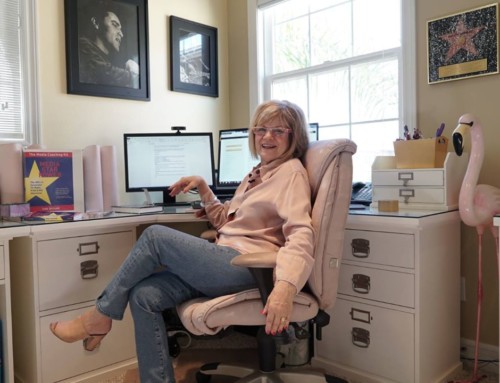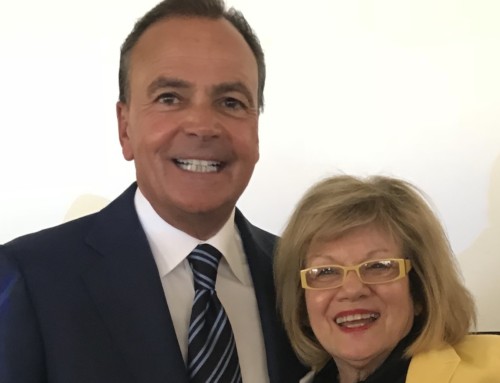“The ‘Likability’ Trap?” No Way!
Did you read Sunday’s New York Times opinion piece headlined “The ‘Likability’ Trap: It was invented by men for men. Guess who benefits?”
Not so fast, I disagree. Likability is an opportunity for every gender to embrace.

Opinion writer, Claire Bond Potter, asserts her belief men benefit more from likability than women focusing on recent politics. Likability she states, “It is nebulous, arbitrary and meaningless.” One could argue likability can be the determining factor in a political win, career advancements, sales, customer service, leadership and anyone in the position of influence.
Networking organizations with male and female memberships often state, “People do business with people they like and trust.” The question to ask, “Are we more inclined to trust people we like?” Ad agencies long ago caught on to the emotional connection in selling products which translates to likability, wins, advancements and sales.
Ms. Potter found it hard to believe Mr. Trump won the election because he was more likable than Hilary Clinton. In the beginning of the campaign, 25 candidates had their eyes on the White House with only three women vying for the top job. The 23 men who lost must have missed the likability memo in addition to female forerunners Hilary Clinton and Carly Fiorina.
Voters, and the audiences Mr. Trump played to, liked what he said during his campaign. His wealth took a back seat in his campaign messages. Instead, it was as though he understood the people in the rust belt and others who were fed up with politics as usual. Mr. Trump did not sound like the other politicians which added to his appeal among a certain segment of voters. The outcome suggests voters disliked Hilary Clinton more than Mr. Trump.
The “unlikable” among us could learn lessons from likable personalities. Meet Paul, not his real name, a CEO who retained my services to help him become a more likable leader and person. My first question to him, “How do you know you are not likable?” He said, “People have told me.” He was the boss and yet, he chose to listen to the comments and took action to learn how to be less gruff and more likable. General Electric’s Jeff Immelt was the first CEO I ever heard say his likability played a key role in his leadership advancement. It has been my experience that men are generally more quick to invest in themselves to make improvements for career advancements. Even to become more likable—once they are aware.
Ann Richards, with her strong sense of self-awareness, was likable enough to become the first female governor of Texas. I was fortunate to speak at a conference with the Governor and I can tell you men and women both liked the plain spoken, tell-it-like-it-is, animated Texan. The media appeared to like her, too. She was formidable and likable. Oprah Winfrey is another smart, successful and influential woman. After her wildly applauded speech at the 2018 Golden Globes about diversity, equality and #MeToo, an official campaign chant “Oprah for President” was launched. Likable? Oh, yes.
Do women still have a long way to go in equality? Yes, we do. I think everyone gains with more inclusion and less division.
What are your thoughts on likability? Let us know in the comments!
Stay tuned!
![]()






Recent Comments